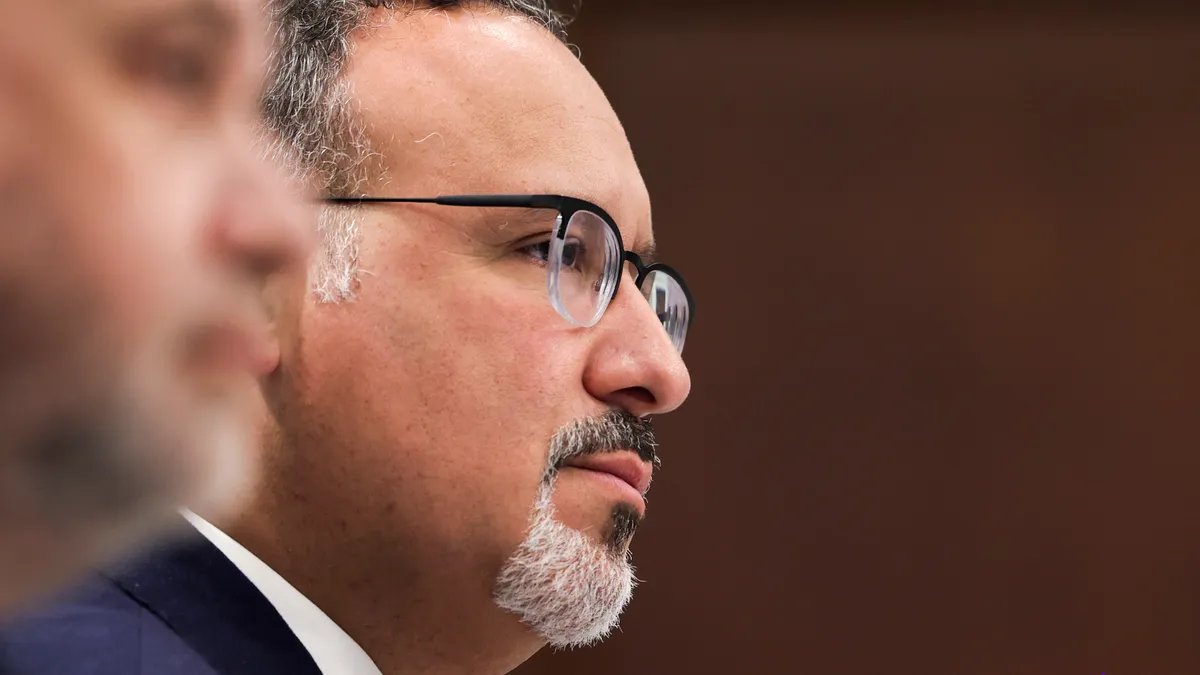Dive Brief:
- Twenty-one colleges and systems — including Arizona State University, the Massachusetts Institute of Technology and the City University of New York — are banding together to develop the emerging field of public interest technology, which bridges the areas of digital innovation and public policy in order to use technology to better serve society.
- With the support of the Ford Foundation, the nonpartisan think tank New America and the Hewlett Foundation, the colleges will form the Public Interest Technology University Network (PITUN), which aims to produce civic-minded graduates in the technology sector and tech-savvy policymakers.
- Member colleges have committed to launching initiatives to grow the public interest technology field, including by providing interdisciplinary education, developing experiential learning opportunities and sharing institutional data across the network.
Dive Insight:
Colleges have a "special obligation" to "consider, evaluate, and consciously address the way that new technologies impact the world from a social, political, and economic perspective," the Ford Foundation said in its announcement.
Students had been demanding more interdisciplinary training in technology and policy before the announcement, according to a 2018 New America report. Universities were adding such hybrid educational opportunities in response, but the burgeoning field lacked clear career pathways for students and a culture of collaboration across institutions, the report noted.
In an op-ed published in Inside Higher Ed, representatives of the three nonprofit companies supporting the network highlighted several programs underway at member colleges that back the nascent discipline.
The University of Chicago, for example, has a joint bachelor's and master's degree that marries computational analysis and public policy. And Harvard University's Digital HKS program explores how technology relates to the public interest.
Meanwhile, the Georgia Institute of Technology, another member, is offering a 10-week immersive course in civic data science. Last summer, a group of students used data science to counter rodent-born disease and examine the causes and impacts of gentrification.
When Olin College of Engineering announced its membership in the network this week, it noted that it has several socially responsible programs in place, including its Grand Challenge Scholars Program, which has a heavy focus on serving the public, and its Affordable Design and Entrepreneurship program, in which students address problems stemming from poverty.
Joy Rohde, an associate professor of public policy and history at the University of Michigan, will oversee her institution's PITUN efforts. She said the university will foster more collaboration across campus and offer more cross-disciplinary courses.
The leaders behind PITUN note that student interest in the field is strong, which has led them to launch their own public interest technology ventures. However, such efforts generally only exist at the student group level, the New America report notes.
"Students have both the desire and the ability to re-shape their communities," the report's authors wrote. "Academic leadership and practitioners must now match that ambition with possibility."













